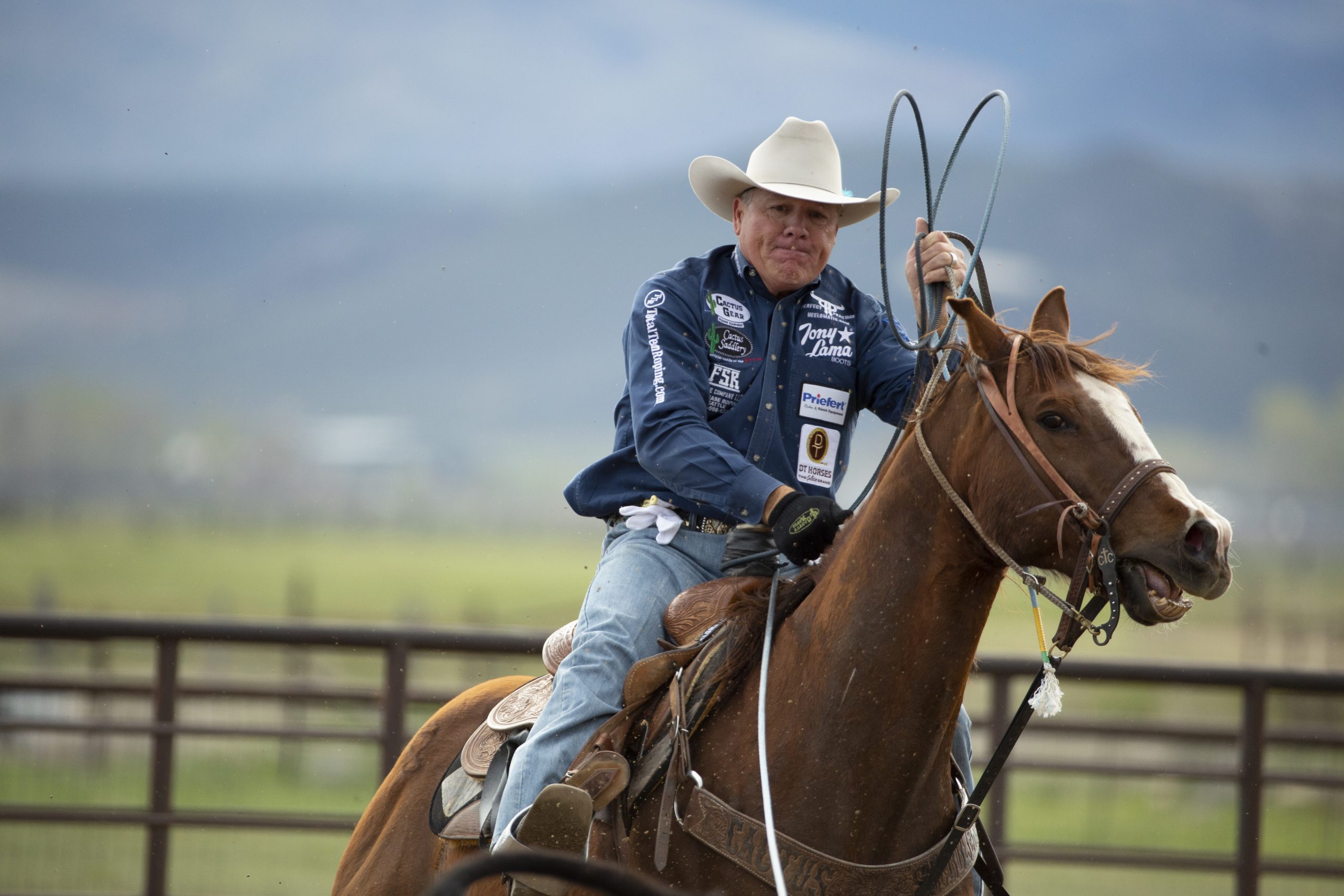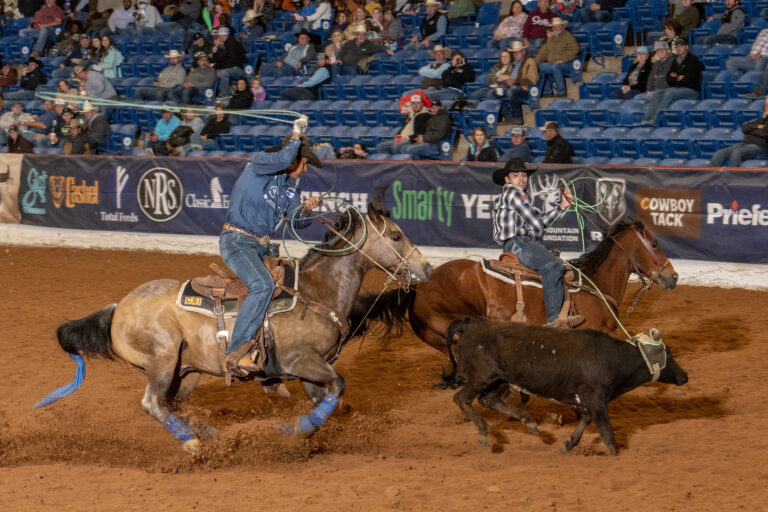Imagine having direct, personal access to the top athletes in your sport. They critique your performance, talk to you on the phone and email custom suggestions for continual improvement. While this is still an impossible scenario for most sporting events, it is the current virtual reality for team ropers through online coaching.
To get started, all a person needs is a cell phone. A video clip of a practice run is uploaded to a coaching company’s website, where it is viewed by a pro who offers personalized suggestions for improvement. Some companies offer additional services such as free video storage, memberships to exclusive Facebook groups, podcasts and access to slow-motion videos of the pros’ ideal runs.
[READ MORE: The Team Roper’s Tool Box with Buddy Hawkins II]
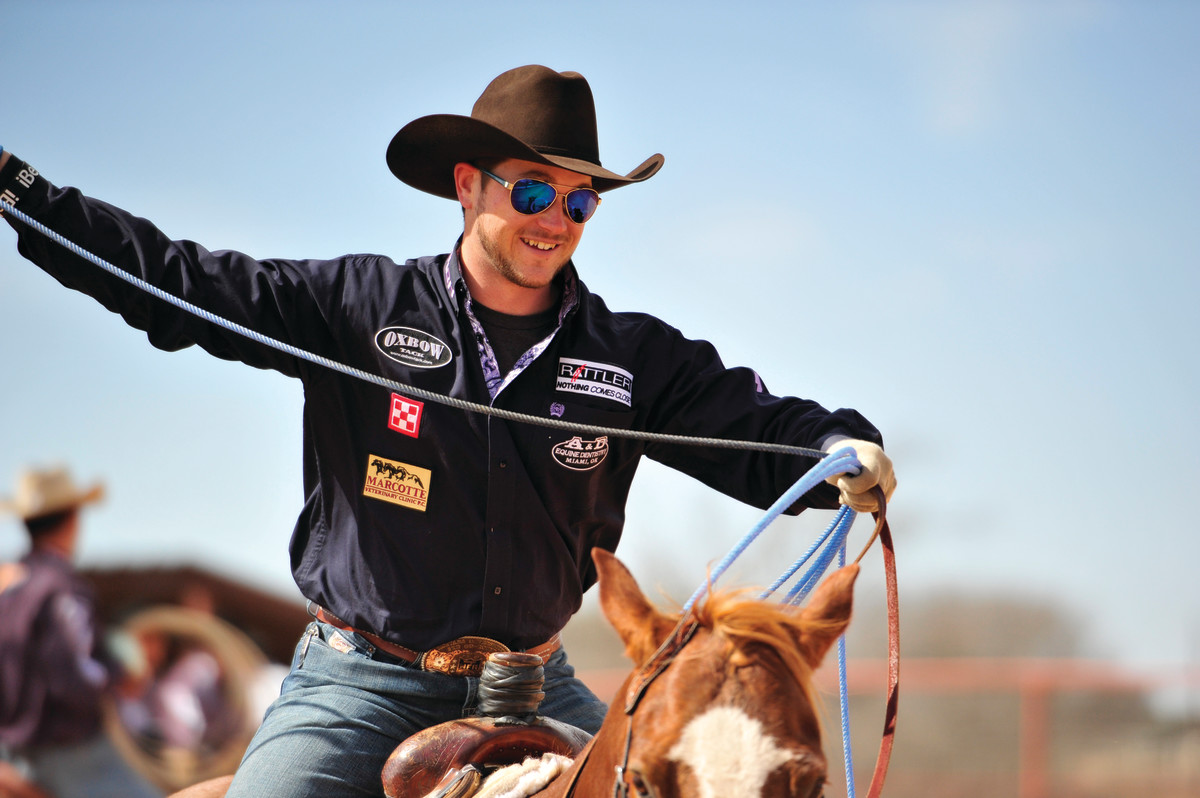
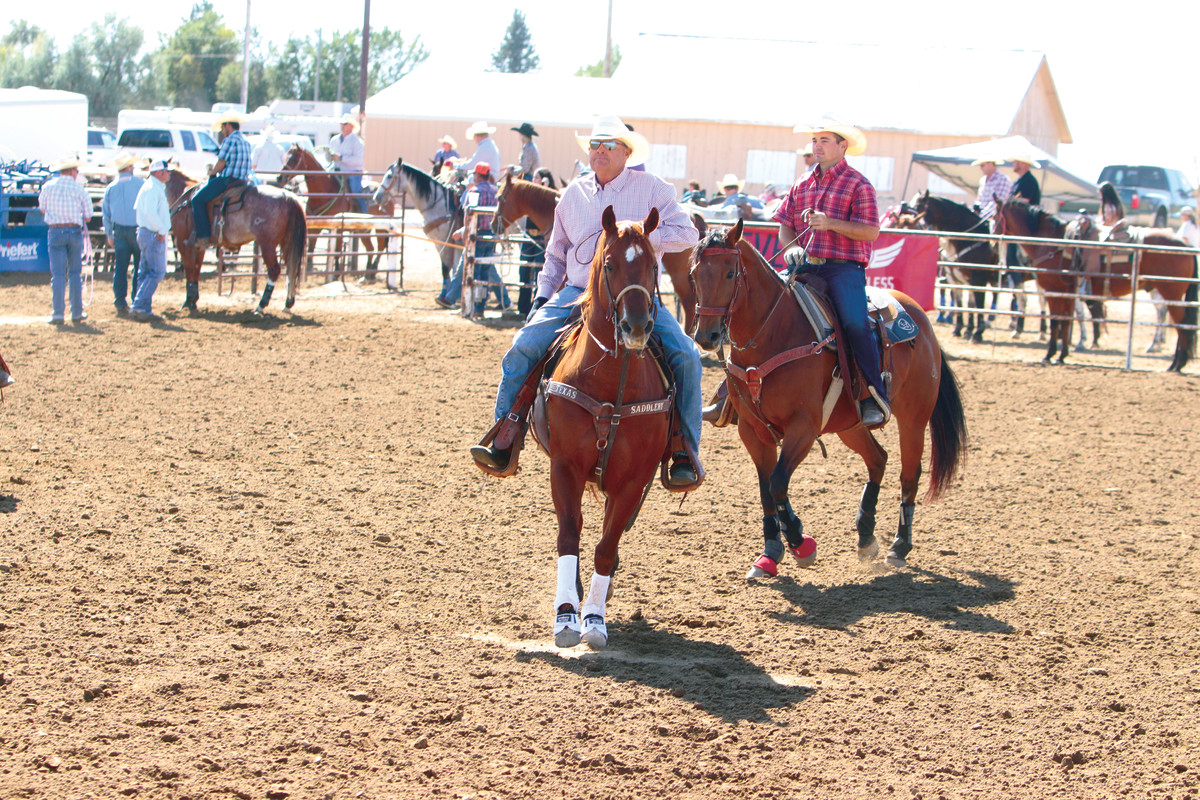
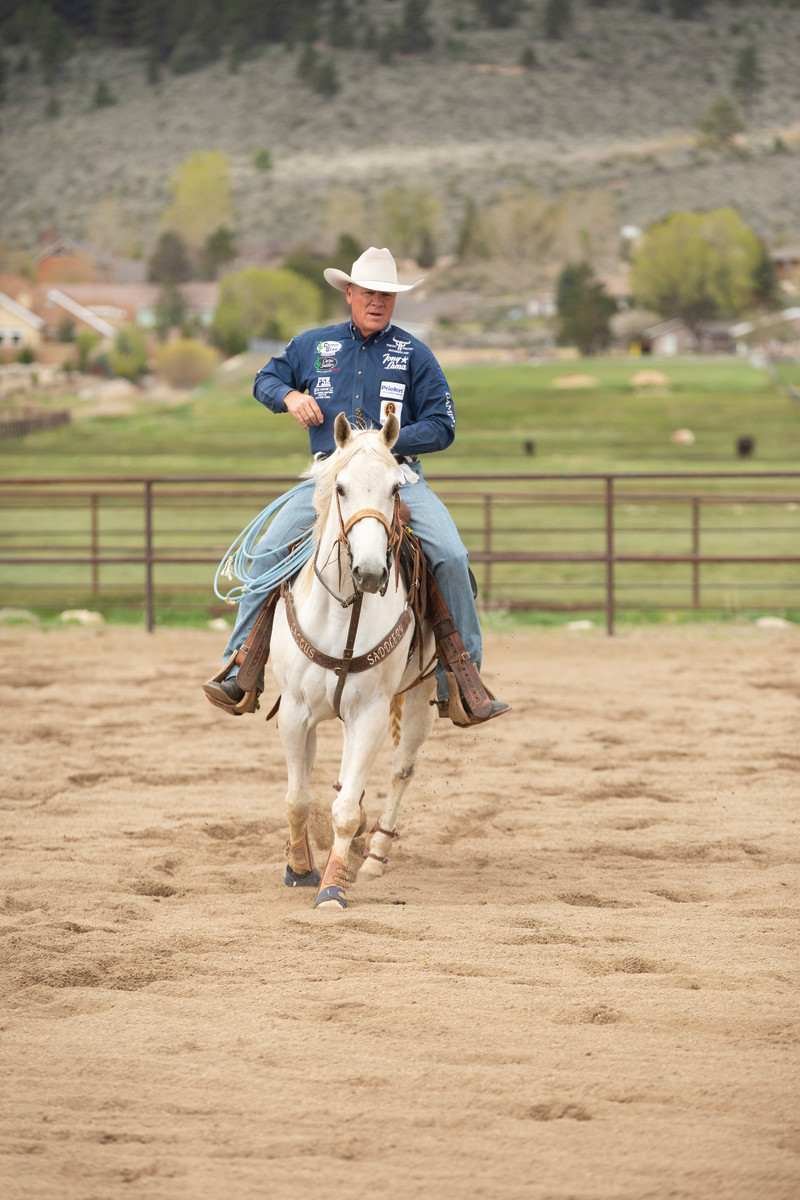
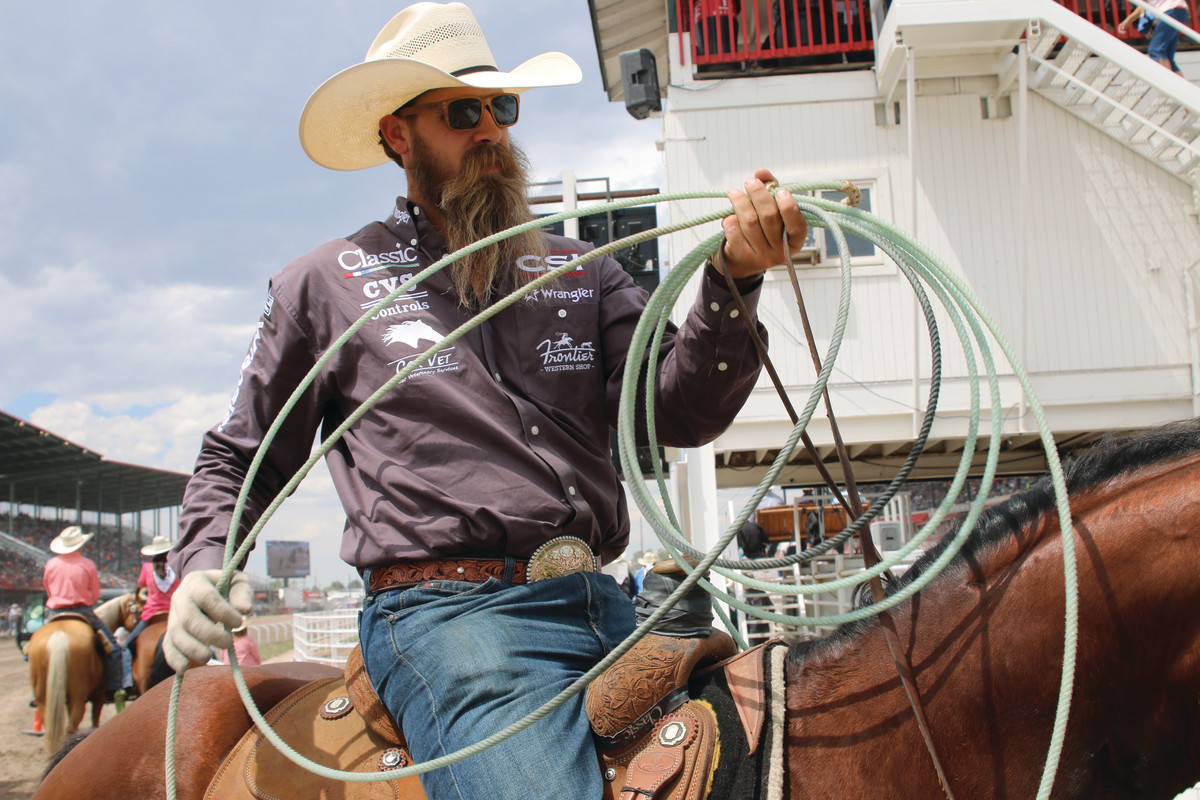
“The online coaching is really a game changer. Everyone that I know who is rodeoing is doing it,” said Pace Freed, founder of X Factor Team Roping.
With access to video coaching by a wide array of pros so widely used and readily available, the endless learning possibilities can be a bit overwhelming. How can a team roper glean the most benefits from these new opportunities?
“The higher your focus, the more you’re going to get out of this,” Freed said.
As an innovator in the field and a team roper himself, Freed recommends choosing one or two specific aspects to focus on per video.
[READ MORE: The Score Season 1, Episode 13 with Jay Ellerman]
“Don’t try to work on 10 things at once,” he said.
Despite the temptation to seek open-ended feedback from guys who rope for a living, Freed cautions against uploading a video and asking for general suggestions.
“Be very specific,” he said. “If you have specific questions, it’s good to ask those.”
In addition to X Factor, Roping.com and Smart Arena also offer an array of online coaching services. Pro coaches across the platforms include Clay O’Brien Cooper, Buddy Hawkins, Cesar de la Cruz, Jay Ellerman, Jeremy Buhler, and many more. Some professional competitors/clinicians offer virtual lessons through their own independently operated websites, such as David Key with Keyd Up Rodeo.
While going high-tech can improve a roper’s chances for a high call back, industry experts don’t view virtual coaching as a full replacement for traditional clinics and in-person lessons.
[READ MORE: Brit Ellerman: The Unconventional Entrepreneur]
“The way the Internet and technology have evolved and keep evolving, it just provides easier access for people,” said seven-time World Champion Clay O’Brien Cooper. “The challenge for us is to stay up with the times and keep learning how use it effectively.”
Besides the ability to share roping runs with others and gain their feedback, videos are also a great tool for showing a roper what he or she is actually doing.
“Looking at yourself realistically and [becoming] more aware of how you rope is probably the most important thing,” Freed said.
The quickest, easiest way for a person to jump on the tech train and utilize this educational tool is to have a friend or spouse video a run with a smart phone. This streamlines the uploading process, but it does require an extra person in the practice pen. Independent filming is an option for the roper who wants to practice solo and is willing to shell out several hundred dollars, though. The Pixio Robot connects to a user’s camera and utilizes a three-beacon system to start and stop filming when the user activates a switch on the specialized wristband.
[READ MORE: Jeremy Buhler: “Letter to My Younger Self”]
•••
While the distance learning options afforded by technology have allowed ropers to improve their skills in isolated situations, many people are drawn to the sense of camaraderie created by members of an online community.
Colorado team roper Bleu Ellis roped when he was a kid, then he spent the next couple of decades out of the arena. He returned to the sport as a hobby in his mid-30s as a married man with two small kids. Ellis quickly discovered he was quite a bit older than most of the other green ropers, and he said learning to rope at an age when most of his peers were already seasoned competitors has proven to be challenging.
“I feel like I’m an outsider to the sport, trying to get back in at my age,” Ellis said.
He cited his low-numbered status as a hurdle to getting partners at the local practice pen. He worried that other ropers wouldn’t want to back in the box with him because his abilities weren’t as consistent as the more experienced guys. Then Ellis watched an encouraging roping video online and decided to sign up for a virtual coaching service offered through Roping.com.
“That was a game changer because I got connected with a community, and that was really what I needed,” Ellis said. “With the virtual realm, you can meet all kinds of people and they can zero in on your problems. I feel like it makes the learning curve way, way, way smaller.”
Besides encouragement, support, and helpful video instruction, Ellis reconnected with a childhood friend through the website.
“We ended up meeting at a jackpot, and I won my first buckle,” he said.
Ellis currently receives online coaching from Jay Ellerman. He was matched up with Ellerman as a coach by the experts at Smart Arena. That particular platform offers students the ability to choose a coach, try various coaches, or be matched with one based on several factors such as experience and geographical location. Ellis was matched with Ellerman partly because both live in Colorado, thereby increasing the chance for an in-person future lesson.
The experts were right: Ellis recently attended his first live team roping clinic, which was taught by Ellerman.
“I think they’re both important (traditional and virtual lessons), but I think the virtual is helpful for having the encouragement and support,” Ellis said.
•••
[READ MORE: Buddy Hawkins: Lessons Learned]
While Ellis used online coaching prior to attending an in-person clinic, most ropers tend to operate the other way around. Attending a clinic and following up with online coaching by the clinician is a great way to stay connected and keep the learning vibe going.
“We definitely recommend not eliminating live clinics. We think that people should try to attend one a year if they’re able to. From there, what we hope is that these coaches will try to stay in touch with these students, and then they can continue what they worked on in these clinics,” said Austin Laramore of Smart Arena.
[READ MORE: Clay O’Brien Cooper: The Benefits of Watching Your Runs In Slow Motion]
Even with all of the advances in modern technology, nothing can replace the dirt, horns, sweat and realness of the practice arena.
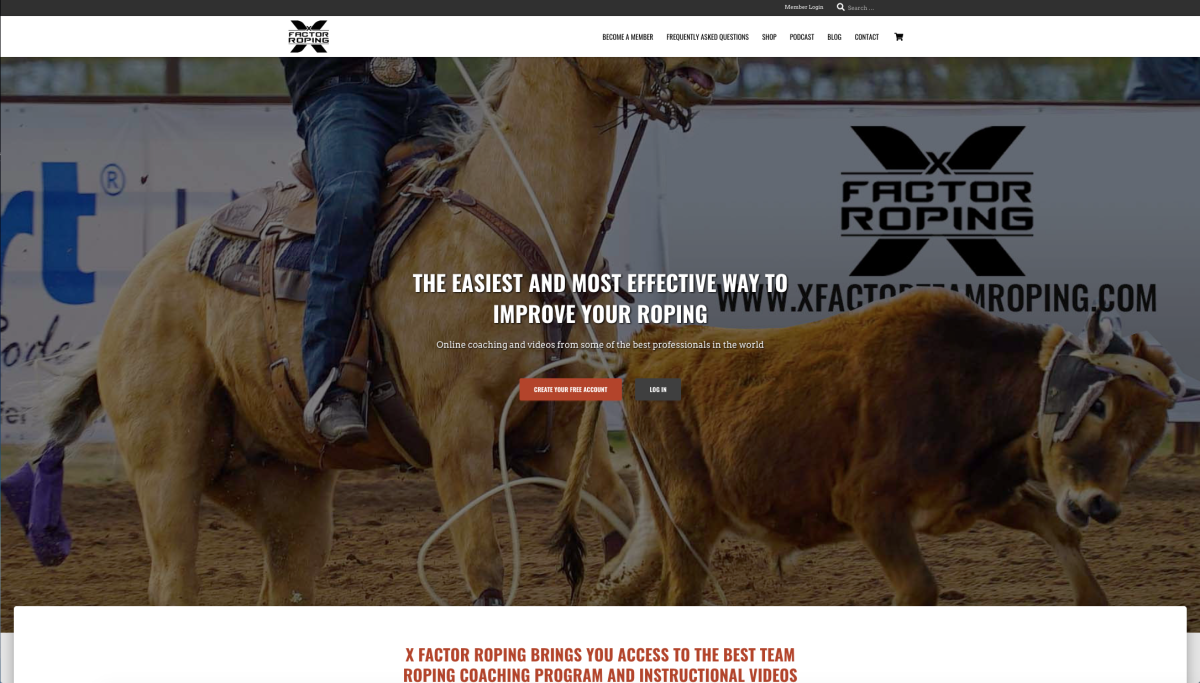
“The best way to learn how to rope is live cattle. You can’t even replicate it perfectly,” Laramore said. “There are some great tools on the market, but there’s nothing like having two live horses, a steer and two humans to make a team roping run.”
Online coaching offers ropers an opportunity to extend their learning after they have attended a clinic, shook hands with a pro and improved their skills over the course of the standard two- or three-day school.
“What the online lessons are going to do is create that ongoing communication with the same coach,” Laramore said. “You’re going to know what you’ve been working on, and you’ll have that record of what you’ve been working on, so you can continue to form good habits.”
Pro coaches also enjoy the virtual community fostered by online lessons.
“The online deal really ties in [to traditional clinics]. I have quite a few students that’ll keep in touch through that. They’ll send me updates and let me know how they’re doing afterward. It’s cool to watch the progress, and I can keep up with it when I’m gone rodeoing,” said World Champion Jeremy Buhler.
Pro ropers like Buhler, Cooper and Key provide near-instant feedback to ropers in some instances.
[READ MORE: Maximizing Practice on Steers of All Speeds with Clay O’Brien Cooper]
“What [other] sport do you get to talk to the pros live and get feedback? To me, that is unbelievable,” Ellis said.
Even if a student waits until their scheduled virtual lesson to interact with a pro, technology serves a useful purpose in diminishing geographical gaps and helping people connect whenever, wherever they are.
“If you have a spare hour in your day, you can get better in your roping. I think that’s pretty handy,” Buhler said.
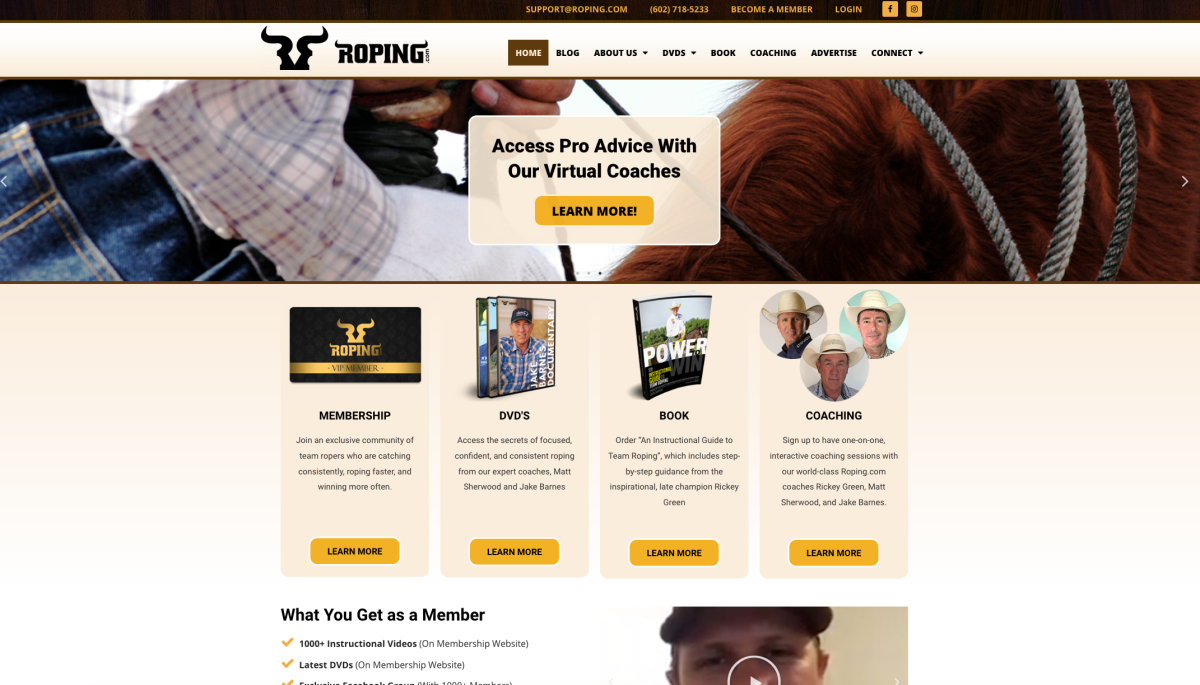
•••
The ultimate purpose of coaching, whether it takes place in the physical or virtual realm, is to connect students with teachers. Sometimes the students’ skills are distinctly less advanced than those of their instructors, and sometimes their skills are fairly equivalent. Regardless, a conscientious teacher is proud of his students’ success, and online coaching is another tool to help build that success and those relationships.
“We’ve had people who went to the Finals and won World Championships who have been to our clinics,” Cooper said. “I work with guys who are on the road right now who send me videos, and I critique their videos and kind of check out how things are going in their runs in competition throughout the year. The rewarding part is when you see people having success with what they’re trying to do, and you are a part of that in some way.”
[READ MORE: 2016 World Champions: Levi Simpson and Jeremy Buhler]




